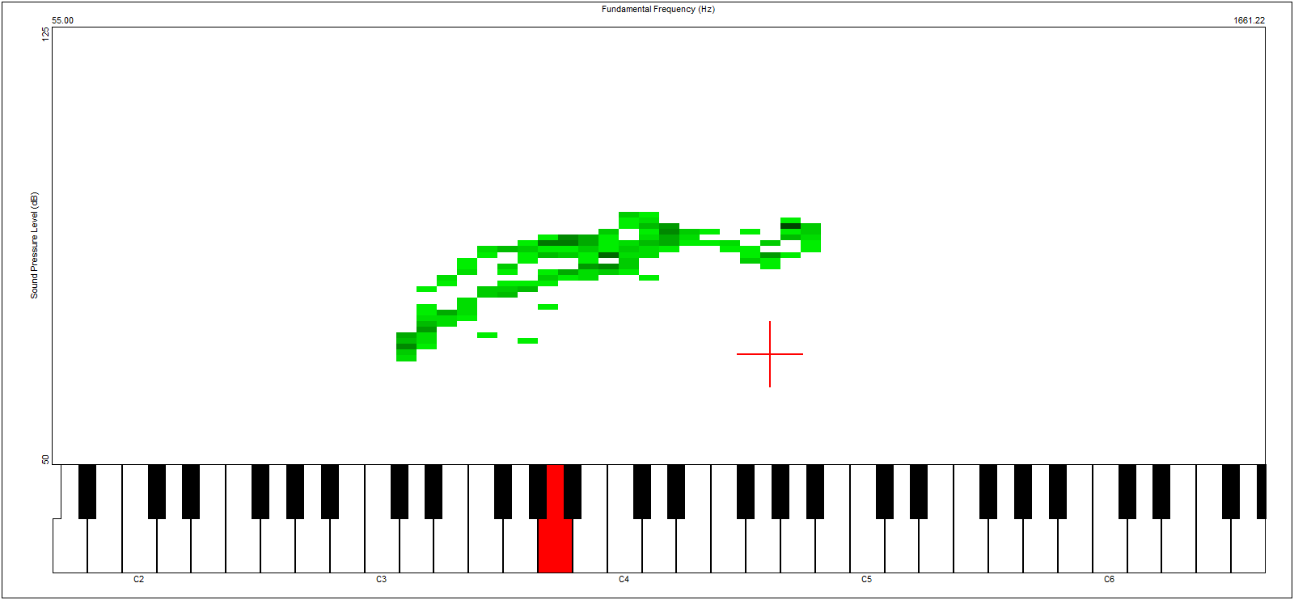Voice problems
Symptoms and causes
Symptoms and causesWhat is it?
If you suffer from voice disorders, you can contact our voice lab. This is part of dysf², a specialised centre for swallowing problems (dysphagia) and voice problems (dysphonia). It is a collaboration between voice and swallowing specialists from the Ear, Nose and Throat Department and the Speech Therapy Department.
The goal is to bring together different disciplines to help people experiencing voice and/or swallowing problems. Both adults and children can go there to treat their swallowing issues.
Some examples of voice problems include:
- I feel a lump in my throat while I'm talking.
- I have been hoarse all my life, but now I also get a sore throat when I talk a lot.
- I am an opera singer and my voice is not as clear when I sing softly.
- It bothers me that people are constantly asking me if I have a cold.
- I would like to be a kindergarten teacher but I cannot sing anymore.
- My throat is tired after teaching.
- People often tell me that I speak quietly, but I simply cannot talk more loudly.
- I used to be able to sing quite high notes, but I am not able to do that anymore.
- I had a surgery and woke up afterwards with a hoarse voice.
- I study speech therapy and was told that I am hoarse.
Causes
Some possible causes of voice problems include:
- benign lesions of the vocal cords (e.g. vocal cord nodules, cysts, polyps)
- vocal cord cancer
- inflammation of the larynx
- burning stomach acid (acid reflux)
- paralysis of one or two vocal cords
During consultations, a physician or staff member may ask you to complete the questionnaire below.
Diagnosis and treatment
Diagnosis and treatment
Together, we will examine to what extent how you speak and sing causes or promotes your symptoms (from the point of view of speech therapy). We also see whether there is an anatomical reason for your symptoms (medical). We have the necessary specialised equipment and experience to properly map out the speaking and singing voice. You may also come to us if you have problems that are specifically related to your singing voice.
Treatment
When a patient registers with voice problems, we have a conversation in order to gather important information about specific voice problems (patient history). Afterwards, there is a laryngoscopic examination, which is performed using a flexible laryngoscope to look at the larynx. The speech therapist follows along on a screen in order to provide a multidisciplinary evaluation of the problem.
It is our intention that you will know what the treatment options are after the first examination. We will also give you further information about a possible reimbursement of the voice therapy and provide the reimbursement paperwork.
Your GP will receive a report from the examination, and we will make sure that, if requested, the report is sent to you and/or another attending physician.
In our hospital, you can go to specialised voice therapists for voice therapy. We also are happy to help you look for a colleague that is closer to where you live for any necessary follow-up. In addition, we are pleased to work with other disciplines (e.g. dietitian, occupational therapist, physiotherapist or osteopath) inside or outside of the hospital if that is beneficial for you.
Are you a speech therapist who does not have the necessary diagnostic equipment? In that case, you may refer patients to our hospital for the necessary testing.
For questions or an appointment, please contact the Speech Lab at +32 (0)9 246 99 96. If you are not able to keep your appointment, you can always call the general number for speech therapy (+32 (0)9 246 99 90).
If you would like an appointment at the Ear, Nose, and Throatdepartment, please contact +32 (0)9 246 83 00.
Treatment centres and specialisations
Treatment centres and specialisations
Latest publication date: 18/12/2024
Supervising author: Dr. Vermeiren Judith
Something wrong or unclear on this page? Report it.
Supervising author: Dr. Vermeiren Judith







